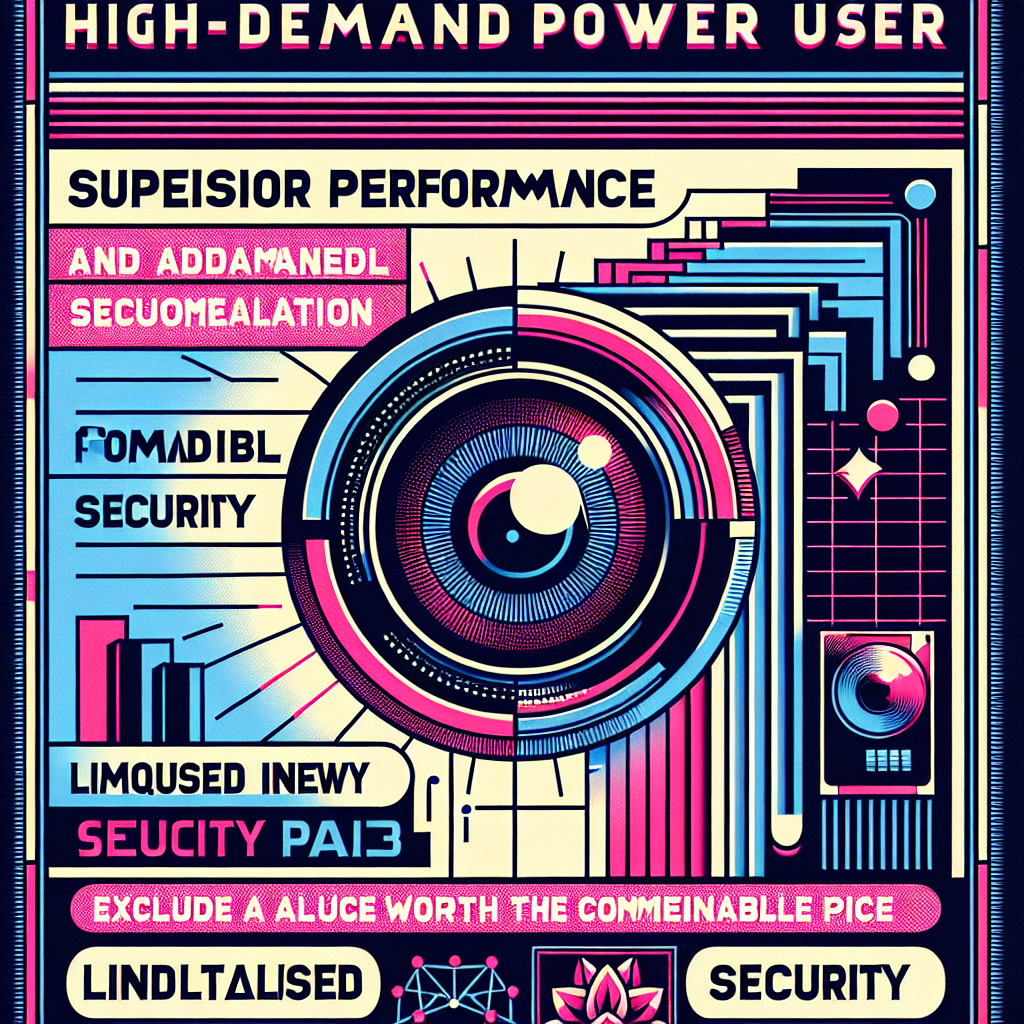In a world where smartphones have become an integral part of our daily lives, the iPhone has been at the forefront of innovation and design. Since its inception in 2007, Apple’s iPhone has revolutionized the way we communicate, work, and play. From its sleek and user-friendly interface to its unparalleled camera capabilities and seamless integration with other Apple devices, the iPhone has consistently pushed the boundaries of what a smartphone can do. In this article, we’ll take a journey through the evolution of the iPhone, exploring how it has transformed our lives and shaped the tech industry as we know it.
The Good: iPhone Pros
One of the most significant advantages of the Apple iPhone is its seamless integration with other Apple devices and services. The Continuity feature allows users to start something on one device and pick it up where they left off on another, creating a truly connected experience.
The iPhone’s camera system is also a major highlight. With advanced features like Portrait mode and Night mode, users can capture stunning photos even in low-light conditions. The TrueDepth front camera provides exceptional selfies, and the ability to record 4K video at up to 60fps ensures that every moment is preserved with crystal-clear quality.
The A-series processors powering the iPhone provide lightning-fast performance, making it ideal for demanding tasks like gaming and video editing. Additionally, the device’s architecture allows for efficient power management, resulting in impressive battery life that can easily last a full day.
Apple Pay provides a convenient and secure way to make payments using the iPhone. With Touch ID or Face ID authentication, users can quickly and securely make transactions without having to carry cash or credit cards.
The iPhone also boasts an impressive display, featuring OLED technology that delivers vibrant colors, crisp text, and stunning visuals. The device’s sleek design and durable construction ensure that it can withstand daily wear and tear.
The Bad
One of the most significant iPhone cons is its battery life. The device’s battery can be slow to charge and may not last an entire day with heavy usage. This can be frustrating for users who rely on their phone for work or entertainment.
Another issue is the lack of a headphone jack. Apple’s decision to eliminate the port has been met with criticism from some users, who prefer the convenience of having multiple audio sources without needing adapters or wireless headphones.
The iPhone’s display can also be a point of contention. While it’s generally praised for its brightness and color accuracy, some users may find it too reflective or prone to fingerprints.
Furthermore, the lack of customization options on iOS can be limiting for some users. The operating system is designed to be user-friendly, but this means that certain features or settings are not available.
The iPhone also lacks a microSD card slot, which can be a problem for those who want to expand their storage capacity. This can be particularly important for users who store large files or have extensive music collections.
Additionally, the iPhone’s camera may not be as impressive in low-light conditions as some competitors. While it still takes excellent photos overall, this is an area where Apple could improve its performance.
Finally, the iPhone’s durability has been questioned by some users. The device’s glass body can be prone to cracking or shattering if dropped, and the lack of a replaceable battery can make repairs more difficult.
Making the Right Choice: Is the iPhone Worth It?
The eternal debate: is the iPhone worth it? For those considering purchasing an Apple device, this question can be a daunting one. On one hand, the iPhone has become synonymous with sleek design, intuitive user experience, and seamless integration with other Apple devices. On the other hand, the hefty price tag, limited customization options, and potential for obsolescence can give even the most devoted Apple enthusiasts pause.
So, what’s the right choice? It ultimately depends on your individual needs and preferences. If you’re a power user who demands top-notch performance, advanced camera capabilities, and robust security features, the iPhone might be an excellent fit. The A14 Bionic chip, for instance, provides lightning-fast processing speeds, while the quad-camera setup offers unparalleled image quality.
But what about those on a budget or seeking greater creative control? For them, the iPhone’s hefty price tag might be a barrier too great to overcome. Android devices, with their customization options and often more affordable prices, may prove a more attractive alternative.
And then there’s the matter of ecosystem loyalty. If you’re already invested in the Apple universe – using an iPad, Mac, or Apple Watch, for example – the iPhone’s seamless integration can be a major selling point. But if you’re looking to make the switch from another platform, the iPhone’s closed system might prove too restrictive.
Ultimately, the decision comes down to your unique needs and priorities. Is the iPhone worth it? That depends on what matters most to you.
Conclusion
In conclusion, the iPhone has undergone significant evolution since its inception in 2007. With its sleek design, user-friendly interface, and unparalleled camera capabilities, it has revolutionized the way we communicate, work, and play. While it may have its limitations, such as battery life and lack of customization options, the iPhone remains a top-notch smartphone for those invested in the Apple ecosystem or seeking seamless integration with other devices.

